
The Wellness for Educators Workshop has been canceled for 2024. Check back soon for updates on a reimagined and updated event coming fall 2025!
This annual event equips educators with the tools they need to support the mental health of their students, their peers, and themselves. Sessions focus on preventing burnout, supporting students, and more.
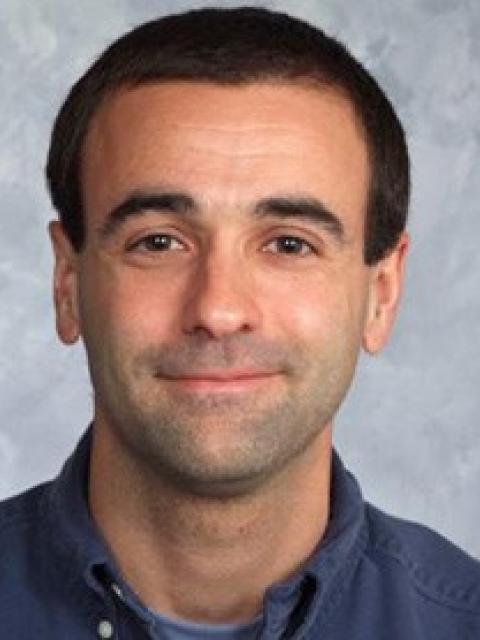
2024 Morning Keynote
Understanding Mental Health and Wellness
8:30-9:45 a.m.
Dr. John Klem
As mental health concerns continue to rise in schools, educators and administrators are grappling with how best to support their students. Many schools have started collaborating with external counseling agencies or hiring full-time therapists to address these needs. In response, Wisconsin's Department of Public Instruction has introduced a tier 1 license for mental health counselors and marriage and family therapists to work directly in schools. While these initiatives are crucial, there is still a significant need for more education, especially for teachers who face increasing challenges in their roles.
This keynote presentation will explore two essential components of mental health: understanding and promoting wellness. The first part will provide an overview of how mental health disorders develop and why they are becoming more common among students. The second part will focus on practical strategies that educators and administrators can use to address these issues effectively in the classroom and in their lives. Join us for an engaging and informative session designed to equip you with the knowledge and tools to better support mental health and wellness in your school community.
Program Director and Professor Counseling, Rehabilitation & Human Services Department University of Wisconsin-Stout
- PhD Doctorate of Philosophy, Auburn University , Auburn, AL, United States, 2008
- MS Psychology, Georgia College, Milledgeville, GA, United States, 1994
- BS Psychology, College of Charleston, Charleston, SC, United States, 1992
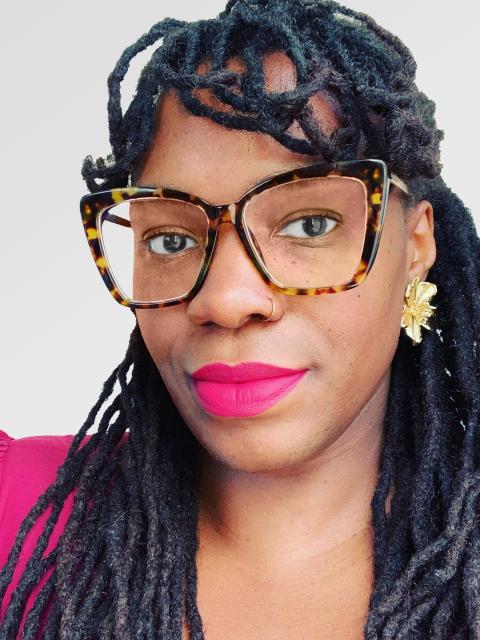
2024 Afternoon Keynote
Collective Care: Reducing Stress in Schools is not just for Kids
1:15-2:15 p.m.
Ingrid L. Cockhren, M.Ed.
Educators are the backbone of our education system, shaping the minds and futures of young learners. However, the demands of teaching, coupled with increasing challenges brought on by the COVID-19 pandemic, school shootings, and other complex societal and political issues, have taken a significant toll on educators’ wellness and mental health. This keynote, Collective Care: Reducing Stress in Schools is not just for Kids, is designed to address the critical importance of supporting educators' well-being to foster a thriving learning environment.
The keynote will explore the unique stressors educators face and highlight the impact of educator wellness on student outcomes, school culture, and overall educational success. The session will offer practical communal and collective strategies for promoting mental health, preventing burnout, and creating a supportive school culture for the adults in the building.
Attendees will leave the keynote with a deeper understanding of the importance of community-building and collective care, professional support, and systemic changes needed to sustain educator well-being. This keynote is essential for school leaders, administrators, and policymakers who are committed to creating environments where educators and students alike can thrive.
Ingrid L. Cockhren, M.Ed. is an internationally known leader in trauma-informed care and systems transformation with nearly 20 years of experience in mental healthcare, education, consulting, facilitation, higher education, and non-profit leadership. Cockhren is an adjunct psychology professor, owner of Cockhren Consulting, and the former CEO of PACEs Connection, a non-profit organization dedicated to raising awareness of the impact of adverse and positive childhood experiences. Ingrid Cockhren Mrs. Cockhren has been able to translate research concerning diversity/equity/inclusion/belonging (DEIB), trauma-informed, and healing-centered practices into community, workplace, and organizational solutions.
Ingrid Cockhren's academic journey is marked by a B.S. in Psychology from Tennessee State University and an M.Ed. in Child Studies from Vanderbilt University’s Peabody College. Mrs. Cockhren specializes in PACE science (positive and adverse childhood experiences), collective trauma, historical trauma/intergenerational transmission, brain development, developmental psychology, and epigenetics. Her diverse career experience includes roles in K-12 education, juvenile justice, family counseling, early childhood education, professional development & training, and community education. Currently, she serves as an adjunct professor, specializing in lifespan developmental psychology, abnormal psychology & minority mental health. She is the former CEO of PACEs Connection, an international social network dedicated to raising awareness of trauma and resilience.
Over the last decade, Ingrid Cockhren’s consulting, facilitation, and DEIB services have significantly impacted her clients and affiliates.
Mrs. Cockhren owns Cockhren Consulting, where she coaches leaders and executives and advises hospitals, colleges, schools, non-profits, and other institutions. Ingrid Cockhren is an advocate for women and children and a community change agent. She sits on several boards for organizations that empower and heal women, children, or communities.
She is a founding partner of the Black Women’s Health & Healing Collective, an initiative examining Black women’s health equity.
Ingrid Cockhren is a Clarksville, TN native who currently resides in Nashville, TN, with her husband, Jurnell Cockhren, founder of Civic Hacker, a software development consulting agency.
2023 Schedule
Breakout Session One: 10:00-11:15 a.m.
Practical Strategies for Managing Dysregulation in the Classroom
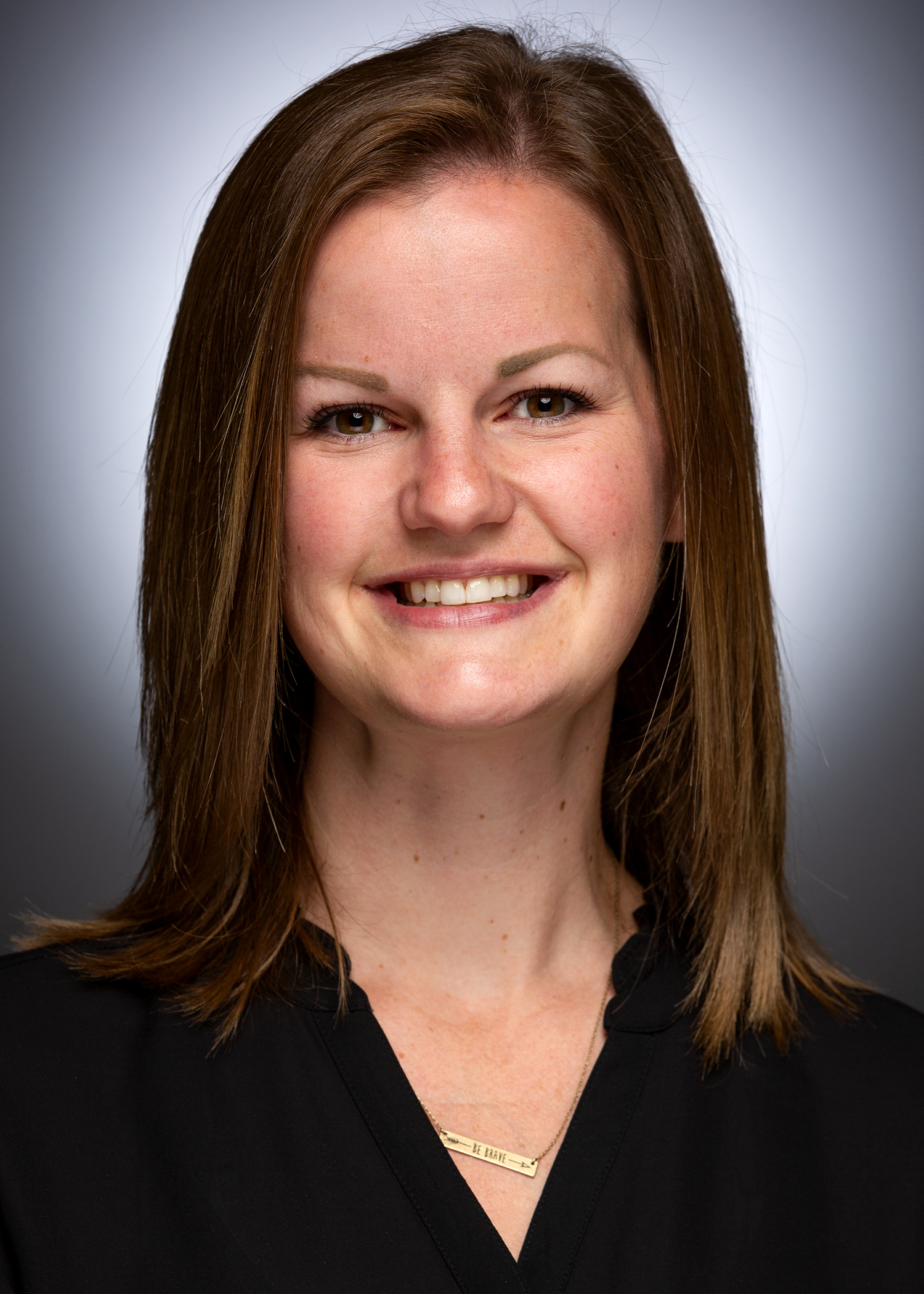
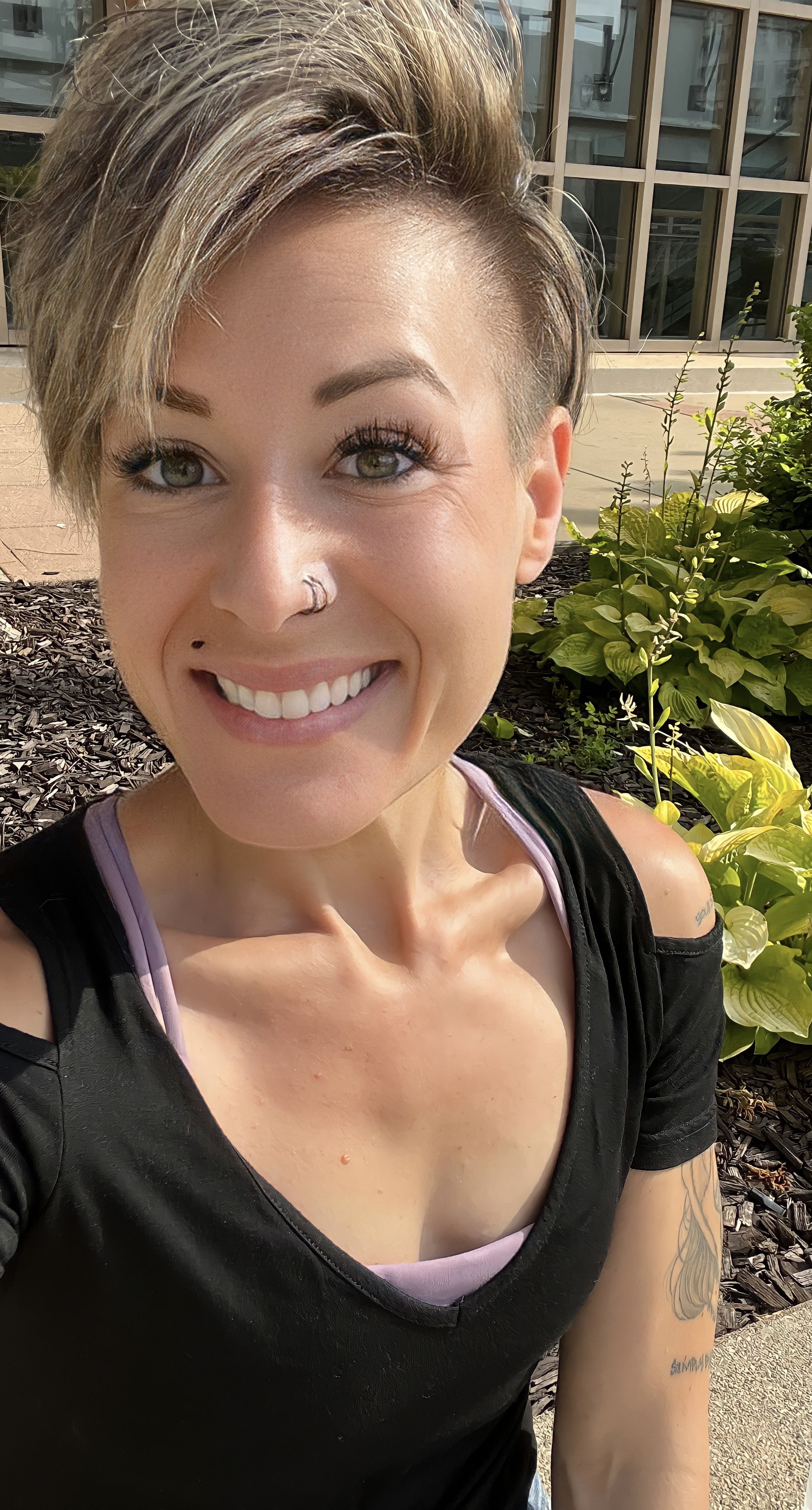
Presenters: Julie Bates-Mave and Teresa Hand
Attendees will learn how the brain is structured and why dysregulation happens and what it means when it does. Evidence-based strategies for responding to dysregulation in the classroom (for both students and teachers) will follow. Attendees can also expect to try some strategies to calm the nervous system as a large group.
Quick, Effective Mindfulness Tools for the Classroom
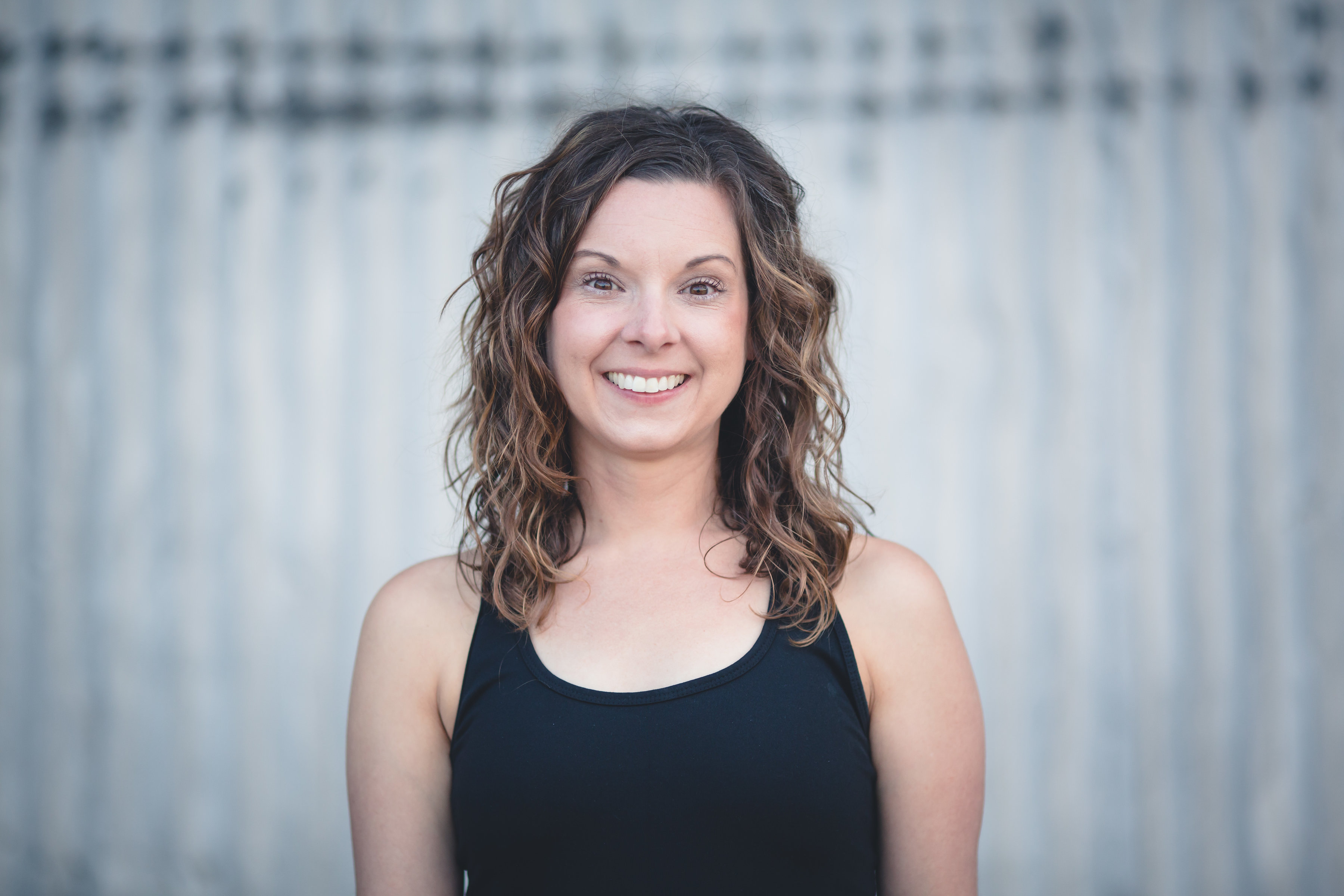
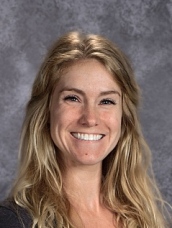
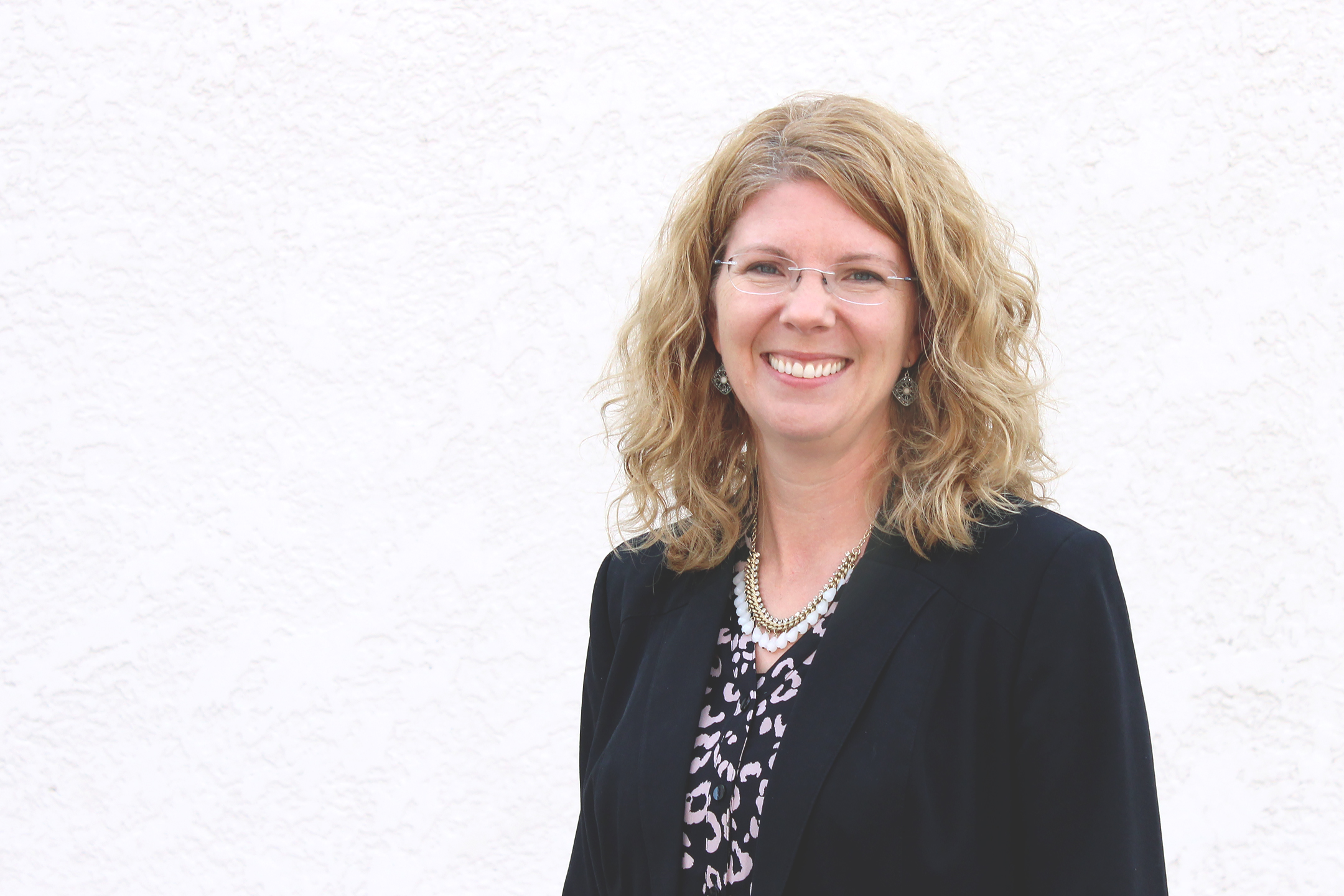
Presenters: Christy Langman, Cheyenne Braker, and Brenda Scheurer
Have you ever tried to calm kids who are feeling anxious, frustrated, or excited, only to feel like it's not working at all? In this presentation you will learn teacher developed, and classroom approved (@ elementary-high school) tools that help shift the energy in the classroom, and teach kids tools they can use on their own! We'll share tools to get those big emotions moving through the body, AND also share tools to help your classroom move to calm after. These tools are short and sweet, and we'll also leave you with everything you need to start using the tools that feel best to you! The best part- the tools can also be helpful for you, too! We'll also share a little about the research and data about a grant funded local project that brought mindfulness to many area schools. This workshop is led by Christy Langman, Cheyenne Braker, & Brenda Scheurer. All of whom have experience working in schools, and are trained in mindfulness.
Getting Curious about Youth and Psychosis
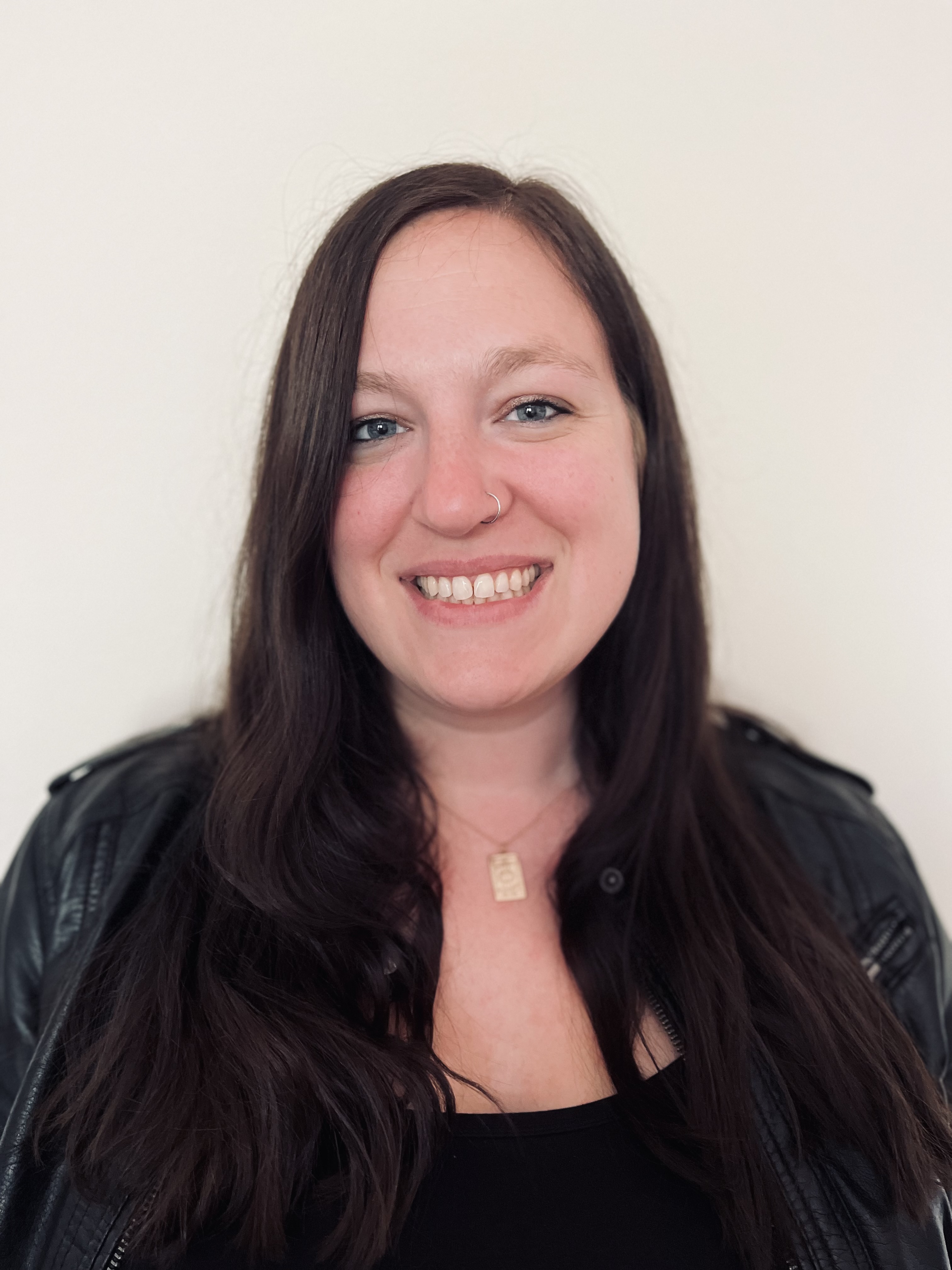
Presenters: Sara Olinger, Ryan Sawyer, and Tiffany Franklin
The trainers will deliver a high impact, psychosis simulation that immerses participants into life with psychosis, resulting in a deeper understanding of what is like to have experiences of hearing and seeing things others do not. Participants will also gain knowledge about best practices and local community resources when working with students who have first experiences of psychosis.
Day treatment: Service overview and group engagement
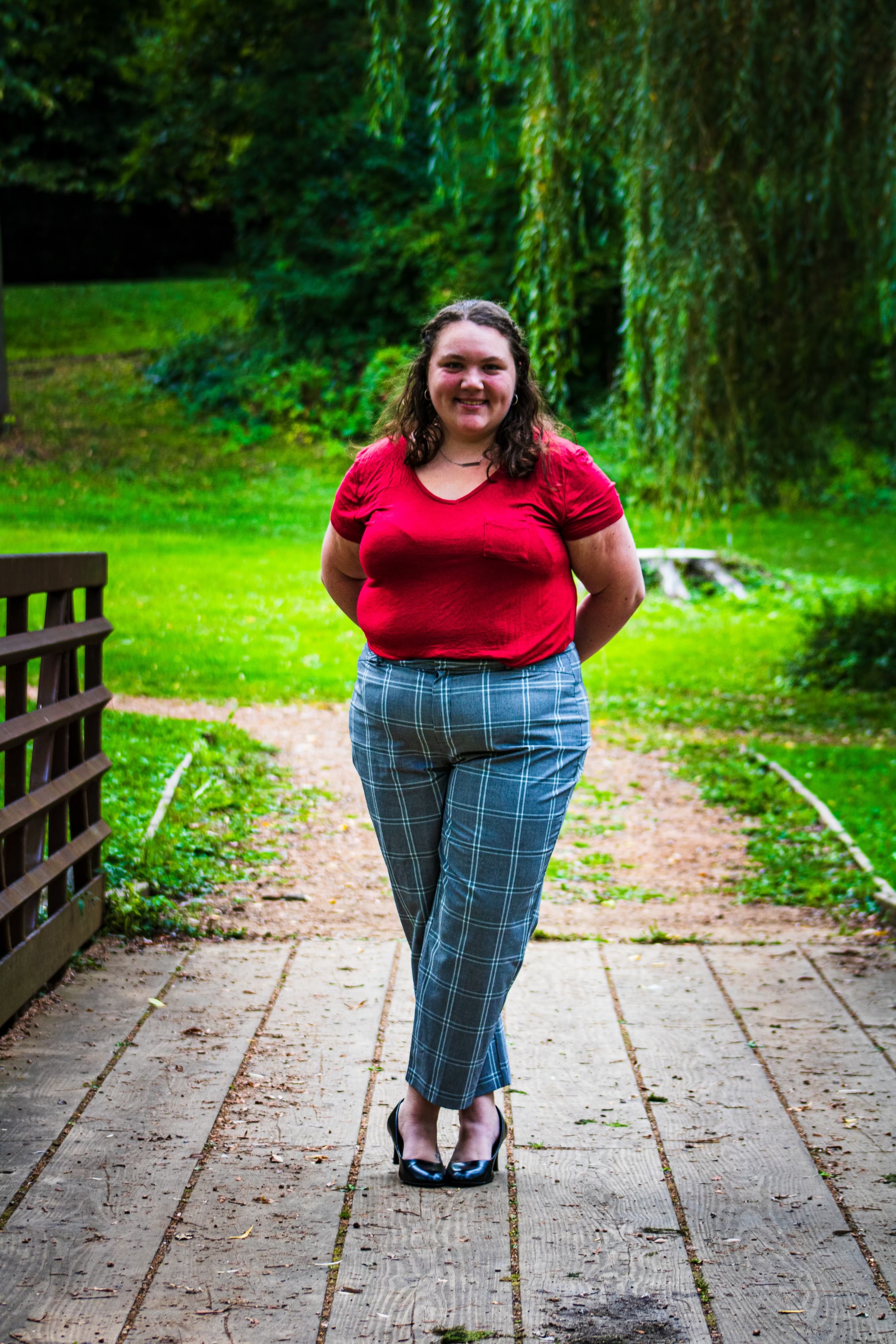
Presenters: Michaela Habberley and Alisha Marquardt
Join us in a discussion regarding a local service provider. Learn about day treatment, what qualifies enrollment and how services are rendered. After a question and answer session participants will be invited to participate in a group activity or two with one of the site's group facilitators. Come away from this session with a hands-on experience with a service provider and a well rounded understanding of this higher level of care.
Drama's not Trauma
Presenters: Sharlene Lopez, Natalie Radich, and Shawn Post-Priller
Practical coping and crisis strategies for the classroom and life.
Understanding Personal, Professional, And Organizational Wellness
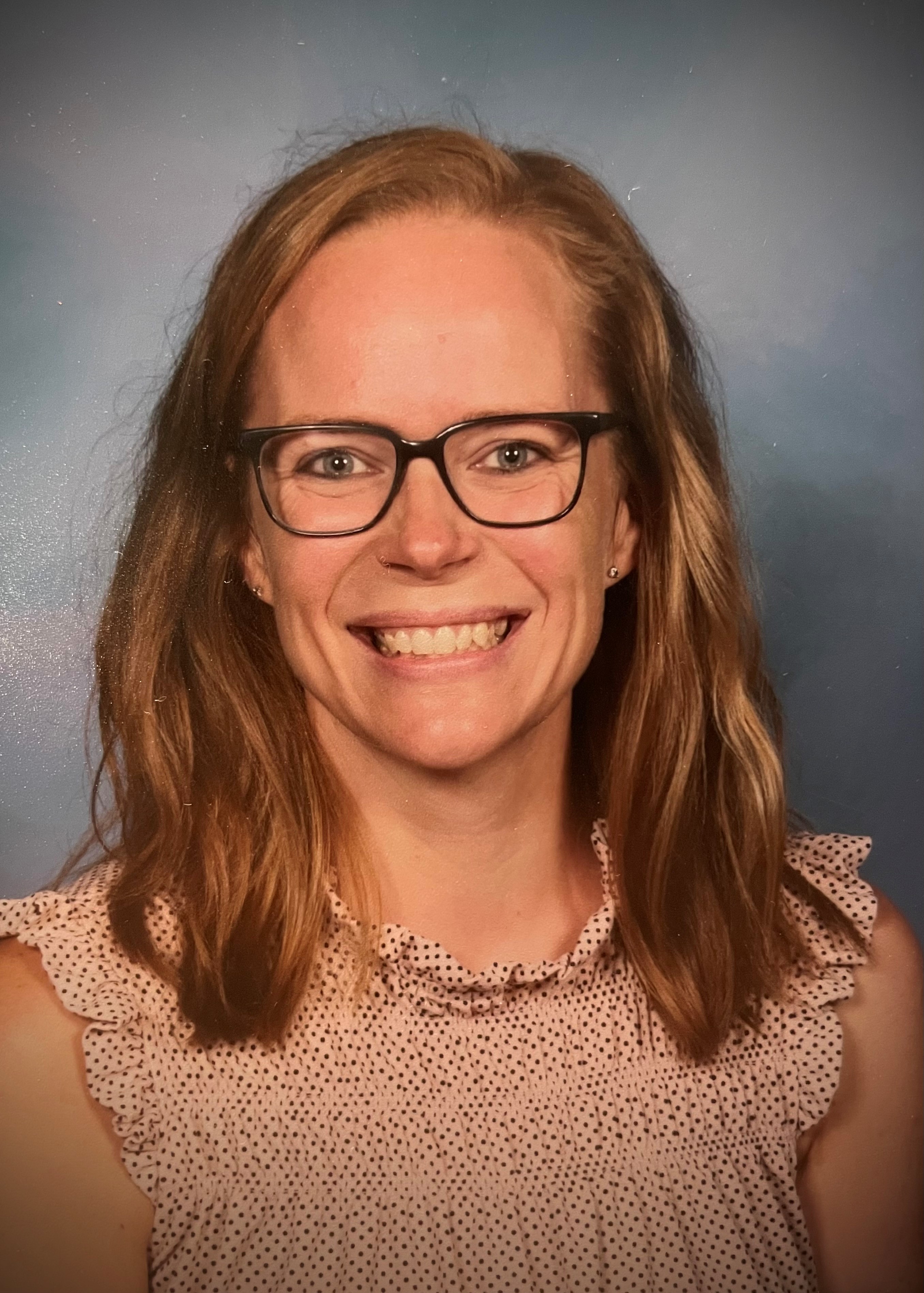
Presenter: Carly Quick
Educator Wellness is a complex topic with complex layers. With stressors coming at us from every direction, we need to dive deeply into this topic in order to make the changes we truly want to see in our lives and in our classrooms. We'll discuss the essential elements of wellness, important awareness points, and tangible tools to navigate our micro and macro experiences.
Breakout Session Two: 1:15-2:15 p.m.
All of Us Research Program: A Platform for Mental Health Research to Advance Precision Medicine for All
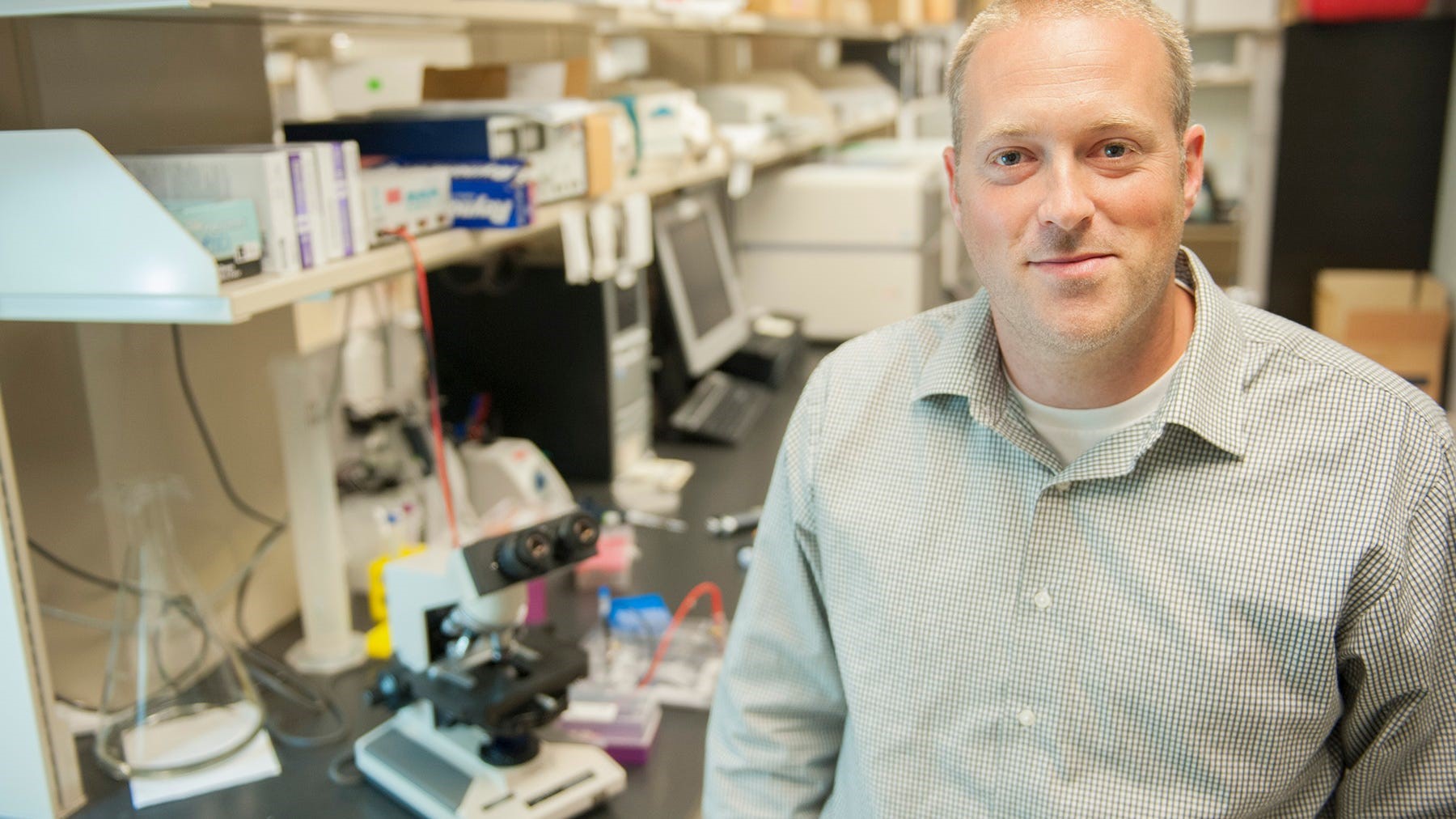
Presenter: Dr. Scott Hebbring
Information on returned pharmacogenomics that impact physical and mental health including historical, current and future data being collected on mental health and wellbeing across all ages (including children). This would give valuable insights on the recent updates on mental health studies, and future of mental healthcare for adults and children. The All of Us Research Program is a research program designed to advance precision medicine research., including mental health. Precision medicine is a form of health care meant to treat patients more precisely based on who they are as individuals. The All of Us Research Program is the largest biomedical research study ever conducted in the United States and Marshfield Clinic Health System has a goal of enrolling 100,000 or more participants in our communities and across the state of Wisconsin. During the presentation, attendees will learn about the scope of the research program and how individuals in our communities who enroll can gain information on mental health and wellbeing that may one day influence their care including how our genes impact the medications we take.
Positive Psychology: the missing piece to positive schools
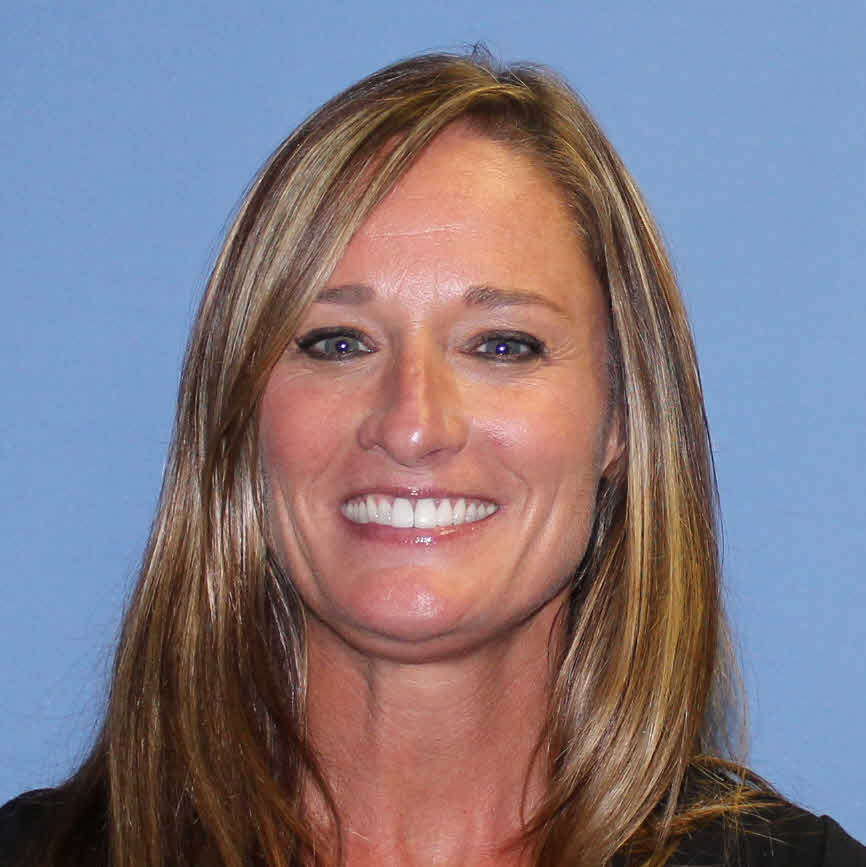
Presenter: Molly Welch Deal
Despite empirical support for the effectiveness of positive psychology and positive psychology interventions, the field of education has demonstrated minimal interest. Today’s students are experiencing a variety of complex challenges (trauma, learning disabilities, bullying) opening the door to depression, anxiety, and decreased school attendance. Educators are tasked with protecting and fostering student development mentally, emotionally, socially, and academically; curriculum rich in positive psychology can provide the missing pieces to the puzzle of academic and social/emotional success. Positive psychology explores what makes life worth living and how wellbeing can be increased. It prioritizes positive emotion, engagement, relationships, meaning, and accomplishment. The application of positive psychology research and interventions can benefit every aspect of an individual’s life from relationships to self-image to academic and career performance. When used in schools, positive psychology interventions can teach students how to gain control over their lives by choosing to focus on positivity and strength, rather than ruminating on problems. The combination of positive psychology in education is referred to as positive education and is resulting in what is being explained as the development of positive schools.
Infant and Early Childhood Mental Health, Social Emotional Learning and 4K

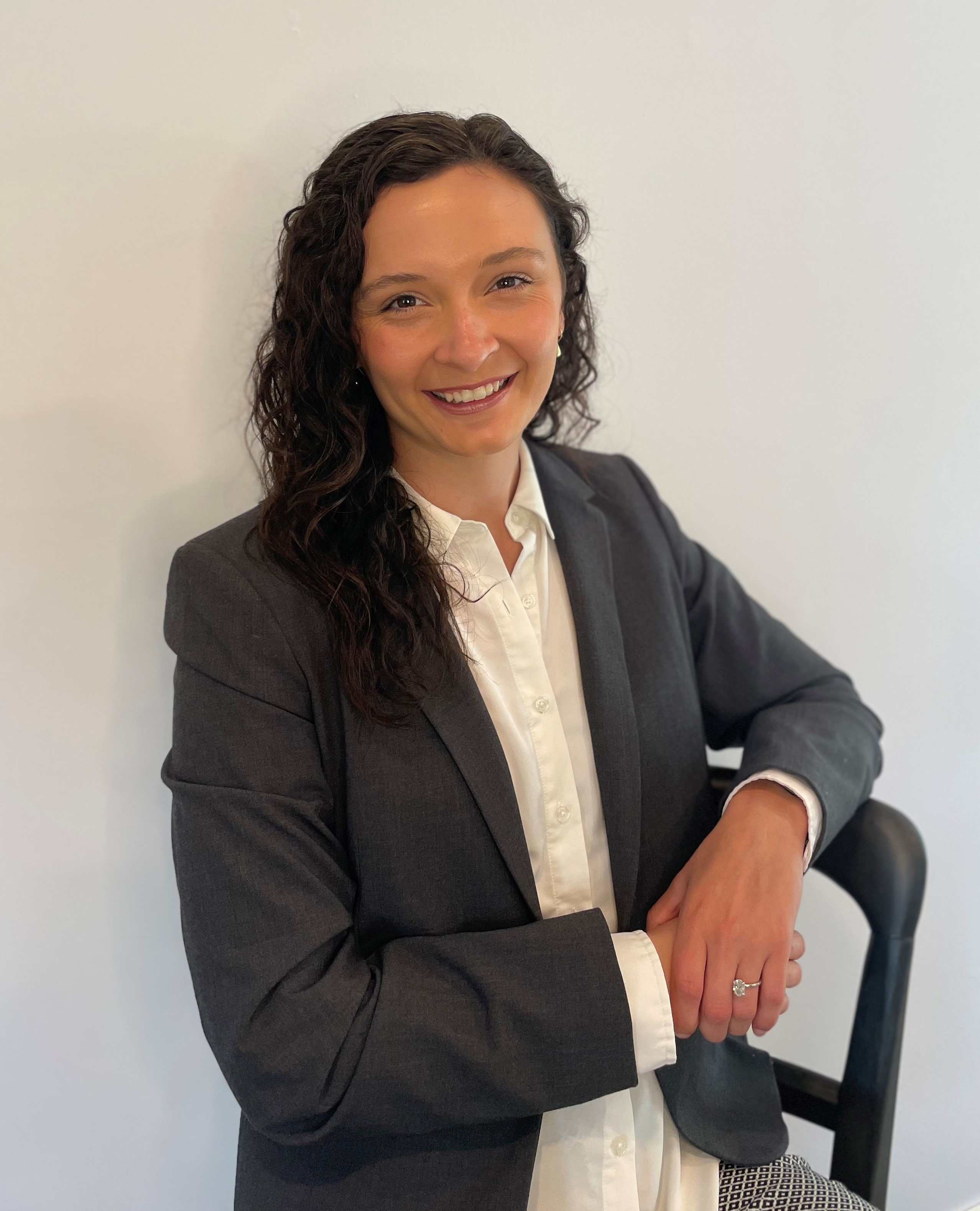
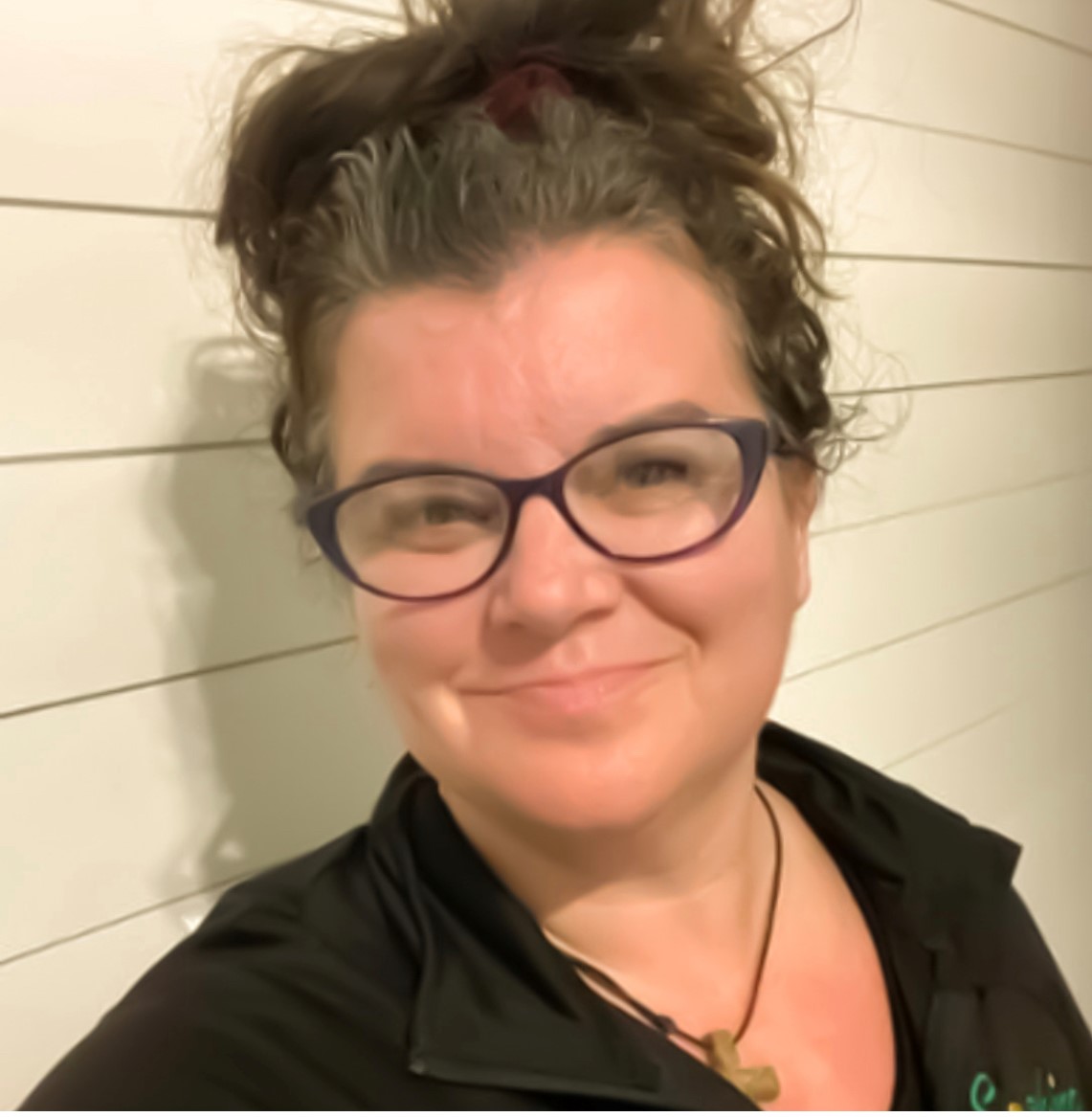
Presenters: Rachel Siegersma, Erica Premeu, and Haley Hennlich
You will learn how to deepen the understanding of infant and early childhood mental health principles and wonder about opportunities for collaboration and connection for young children, programs, their staff and families. We will outline next steps for increasing support for adults who can, in turn, support children and families
Day treatment: Service overview and group engagement
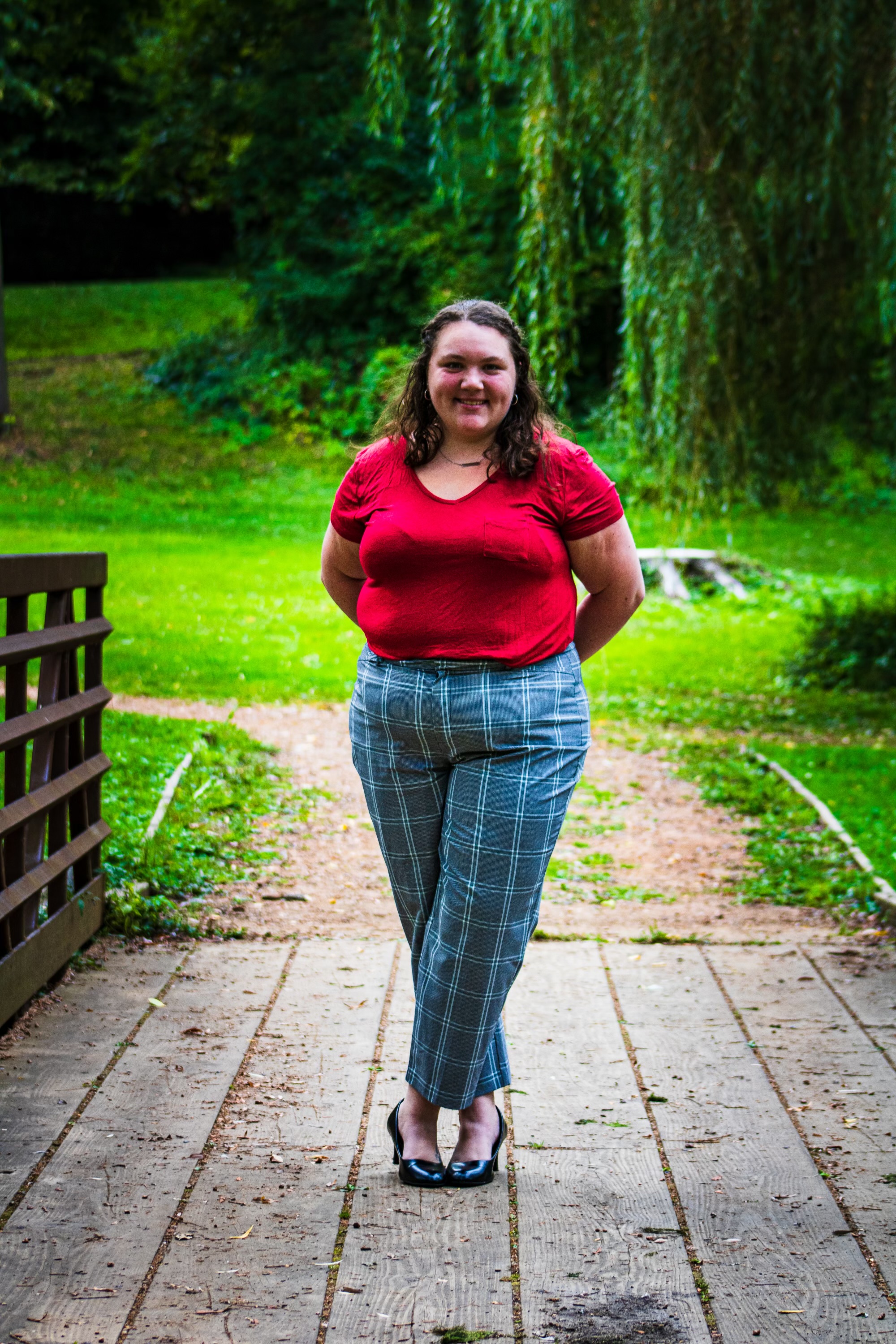
Presenters: Michaela Habberley and Alisha Marquardt
Join us in a discussion regarding a local service provider. Learn about day treatment, what qualifies enrollment and how services are rendered. After a question and answer session participants will be invited to participate in a group activity or two with one of the site's group facilitators. Come away from this session with a hands-on experience with a service provider and a well rounded understanding of this higher level of care.
Equity & Inclusion for Minoritized Students – Enhanced Relationships in The Classroom

Presenter: Gus Raymond
We know from a plethora of literature and data that relationships with schoolteachers and staff are among the keys to student success. However, we still treat student populations largely as a whole rather than a diversity of sub-populations. Student/teacher and student/administration relationships must include equity and justice as much as they do mentorship and inclusion. To achieve this, we need to reach a level of inclusion that creates a school-wide community culture, not just a set of practices. This will require the system to begin to evolve rather than the ever-present expectation that students and families mold to fit the system. This presentation with audience discussion offers conversation on how your school might be able to rethink some practices to create a culture of inclusion that is community wide. We will also discuss specific ways to meet our students where they are while inspiring them to reach ever higher. This is expected to be deep and engaging work that will give you perspectives to take home to your own districts and motivation to implement systemic culture changes for the good of your students and your educators.
Breathe, Stretch and Restore
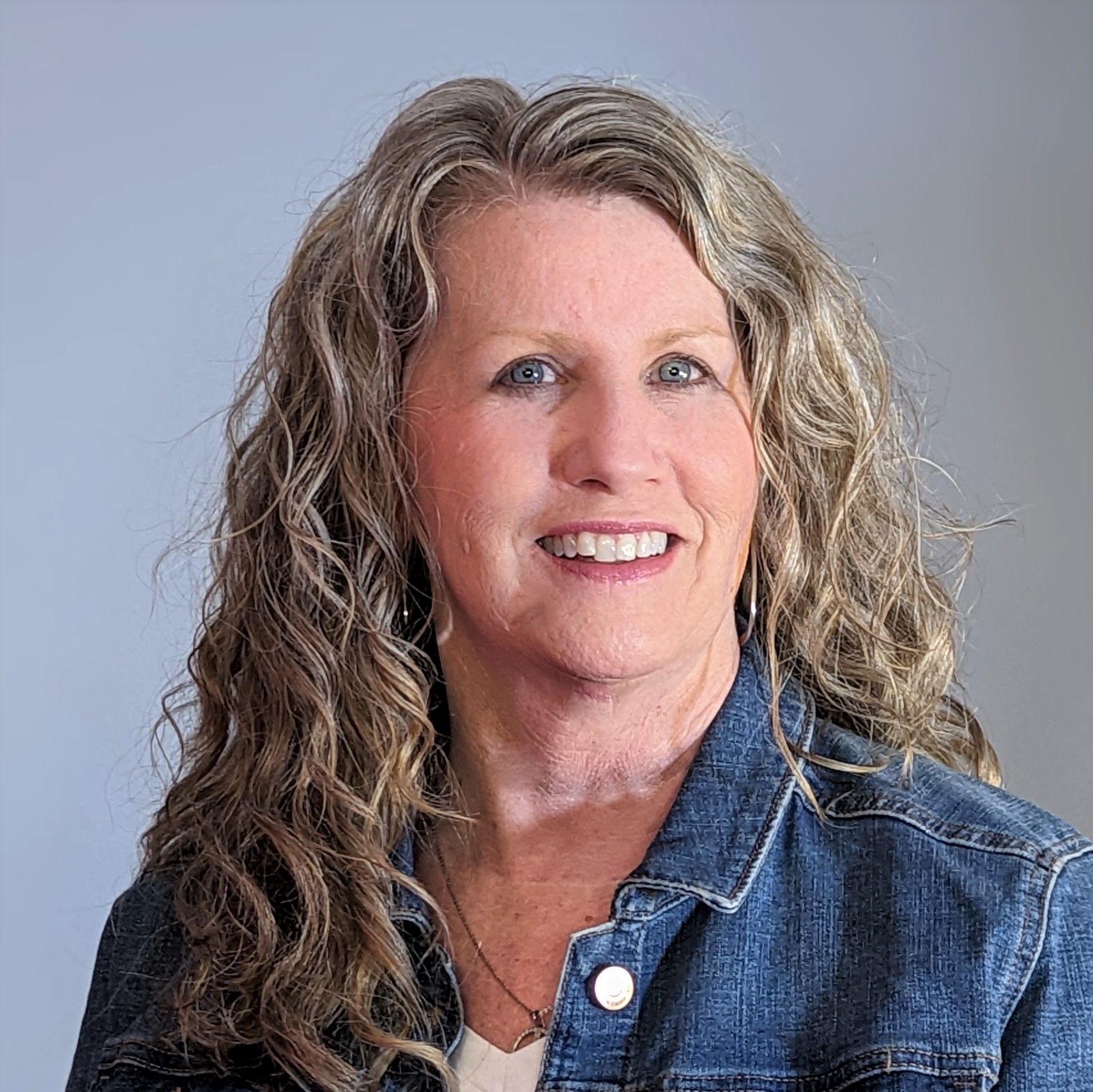
Presenter: Tina Tharp
This session will guide participants in a practice of focus breathing, gentle seated and standing yoga postures, and guided meditation. Participants will leave with an understanding of how incorporating these types of stress reduction activities into their daily lives can benefit both their physical and mental well-being.
Mental Health First Aid
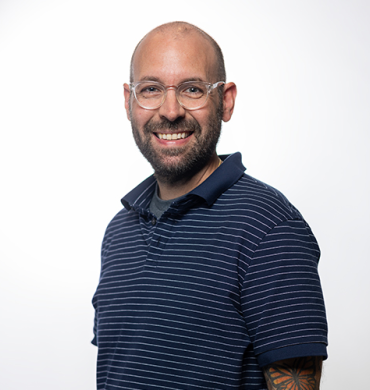
Presenter: Michael Johnson
This presentation is intended to give an overview and an understanding of what mental health is like in schools, and how we can work together as teachers, faculty, and mental health professionals to manage the struggles that students face. Some of the topics that will be addressed are classroom management, burnout, trauma in the classroom, how to support students when they are struggling, and ways to be supportive of various mental health needs for both the students and the teachers.
Breakout Session Three: 2:45-3:45 p.m.
At the end of the day, space will be reserved to continue networking, reflect on what we've learned, and discuss best practices with other teachers and educators.
Quick, Effective Mindfulness Tools for the Classroom

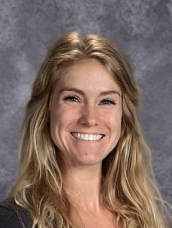

Presenters: Christy Langman, Cheyenne Braker, and Brenda Scheurer
Have you ever tried to calm kids who are feeling anxious, frustrated, or excited, only to feel like it's not working at all? In this presentation you will learn teacher developed, and classroom approved (@ elementary-high school) tools that help shift the energy in the classroom, and teach kids tools they can use on their own! We'll share tools to get those big emotions moving through the body, AND also share tools to help your classroom move to calm after. These tools are short and sweet, and we'll also leave you with everything you need to start using the tools that feel best to you! The best part- the tools can also be helpful for you, too! We'll also share a little about the research and data about a grant funded local project that brought mindfulness to many area schools. This workshop is led by Christy Langman, Cheyenne Braker, & Brenda Scheurer. All of whom have experience working in schools, and are trained in mindfulness.
Getting Curious about Youth and Psychosis
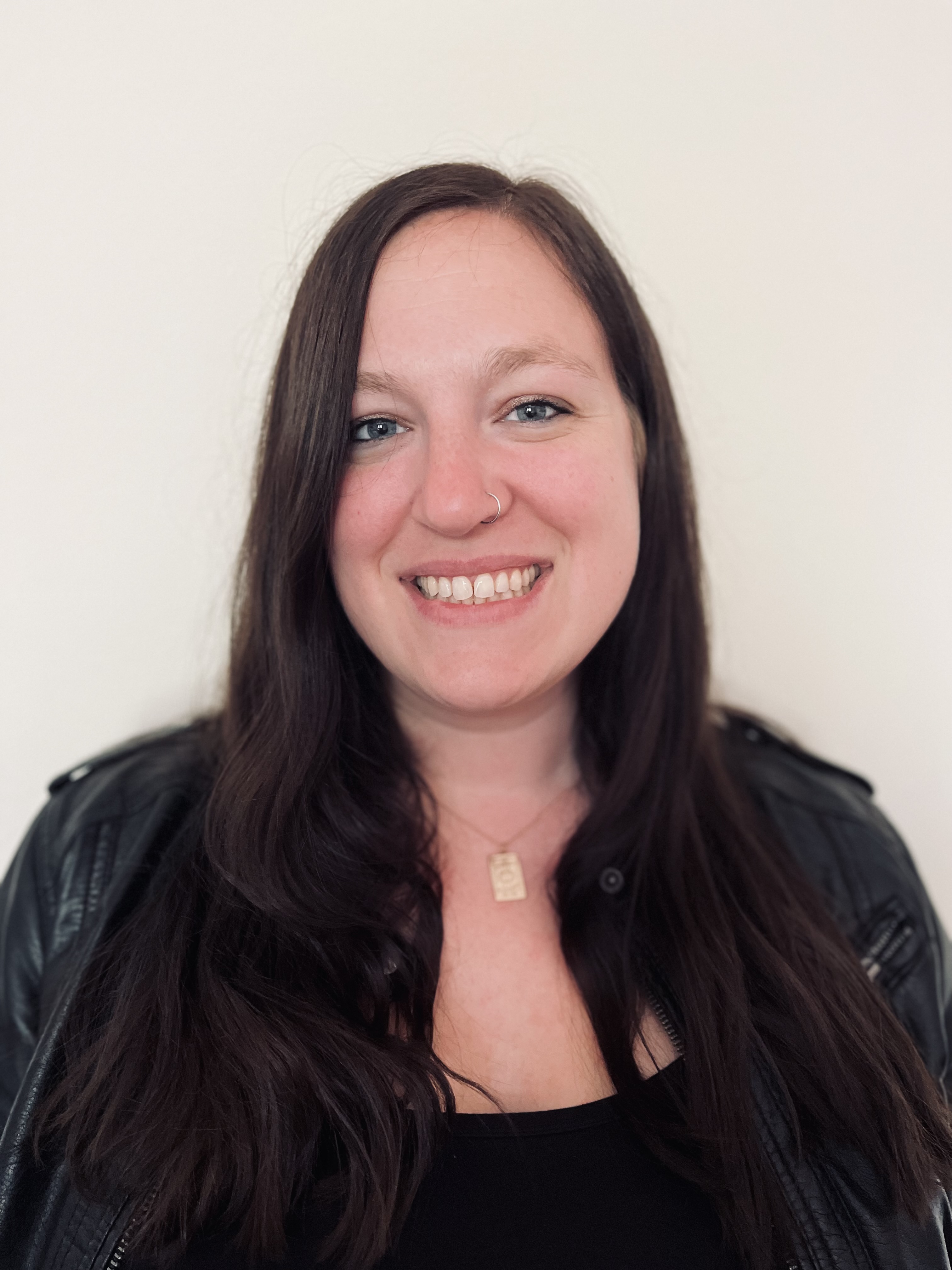
Presenters: Sara Olinger, Ryan Sawyer, and Tiffany Franklin
The trainers will deliver a high impact, psychosis simulation that immerses participants into life with psychosis, resulting in a deeper understanding of what is like to have experiences of hearing and seeing things others do not. Participants will also gain knowledge about best practices and local community resources when working with students who have first experiences of psychosis.
Understanding Personal, Professional, And Organizational Wellness
Presenter: Carly Quick
Educator Wellness is a complex topic with complex layers. With stressors coming at us from every direction, we need to dive deeply into this topic in order to make the changes we truly want to see in our lives and in our classrooms. We'll discuss the essential elements of wellness, important awareness points, and tangible tools to navigate our micro and macro experiences.
Mental Health First Aid
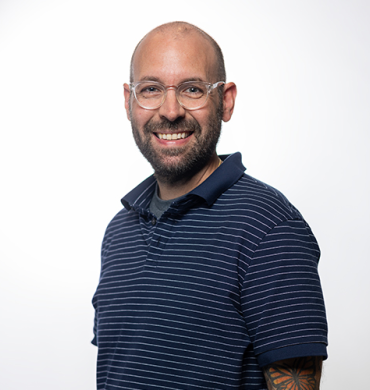
Presenter: Michael Johnson
This presentation is intended to give an overview and an understanding of what mental health is like in schools, and how we can work together as teachers, faculty, and mental health professionals to manage the struggles that students face. Some of the topics that will be addressed are classroom management, burnout, trauma in the classroom, how to support students when they are struggling, and ways to be supportive of various mental health needs for both the students and the teachers.
The Importance of Community for Educator Wellness

Presenter: Gus Raymond
Teachers often feel alone on an island in their classrooms, especially lately, and that is one of the main ingredients to burnout. Isolation, climate, and the burden of not only your health and wellness, but all your students' as well. This session focuses on the importance of community for educators. We will discuss strategies for being 'in community' with one another to build resilience, wellness, and to take care of our mental health. Participants will leave the session with real world information and strategies they can take back to their classrooms and colleagues to enhance not only their own well-being, but that of their educator communities as well. We are all in this together!
Breathe, Stretch and Restore

Presenter: Tina Tharp
This session will guide participants in a practice of focus breathing, gentle seated and standing yoga postures, and guided meditation. Participants will leave with an understanding of how incorporating these types of stress reduction activities into their daily lives can benefit both their physical and mental well-being.
Positive Psychology: the missing piece to positive schools

Presenter: Molly Welch Deal
Despite empirical support for the effectiveness of positive psychology and positive psychology interventions, the field of education has demonstrated minimal interest. Today’s students are experiencing a variety of complex challenges (trauma, learning disabilities, bullying) opening the door to depression, anxiety, and decreased school attendance. Educators are tasked with protecting and fostering student development mentally, emotionally, socially, and academically; curriculum rich in positive psychology can provide the missing pieces to the puzzle of academic and social/emotional success. Positive psychology explores what makes life worth living and how wellbeing can be increased. It prioritizes positive emotion, engagement, relationships, meaning, and accomplishment. The application of positive psychology research and interventions can benefit every aspect of an individual’s life from relationships to self-image to academic and career performance. When used in schools, positive psychology interventions can teach students how to gain control over their lives by choosing to focus on positivity and strength, rather than ruminating on problems. The combination of positive psychology in education is referred to as positive education and is resulting in what is being explained as the development of positive schools.




